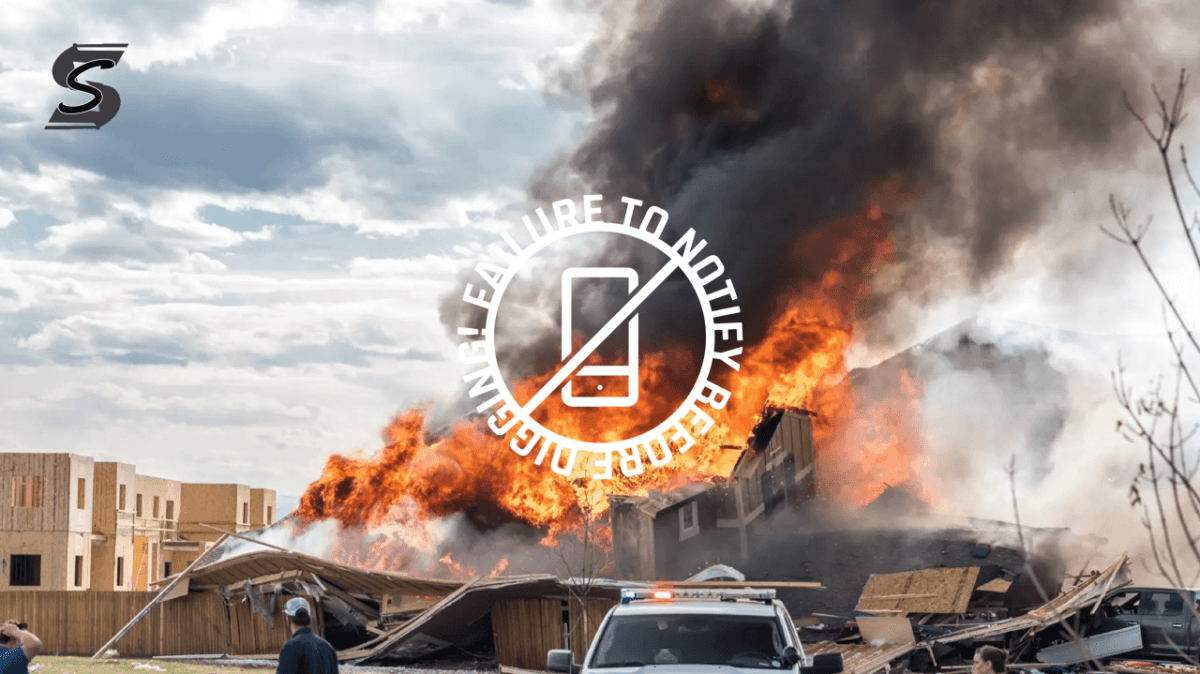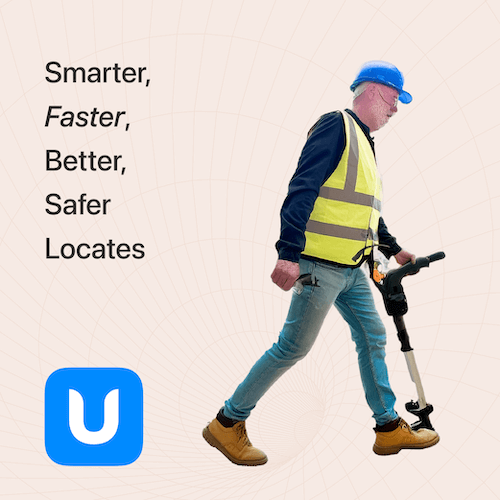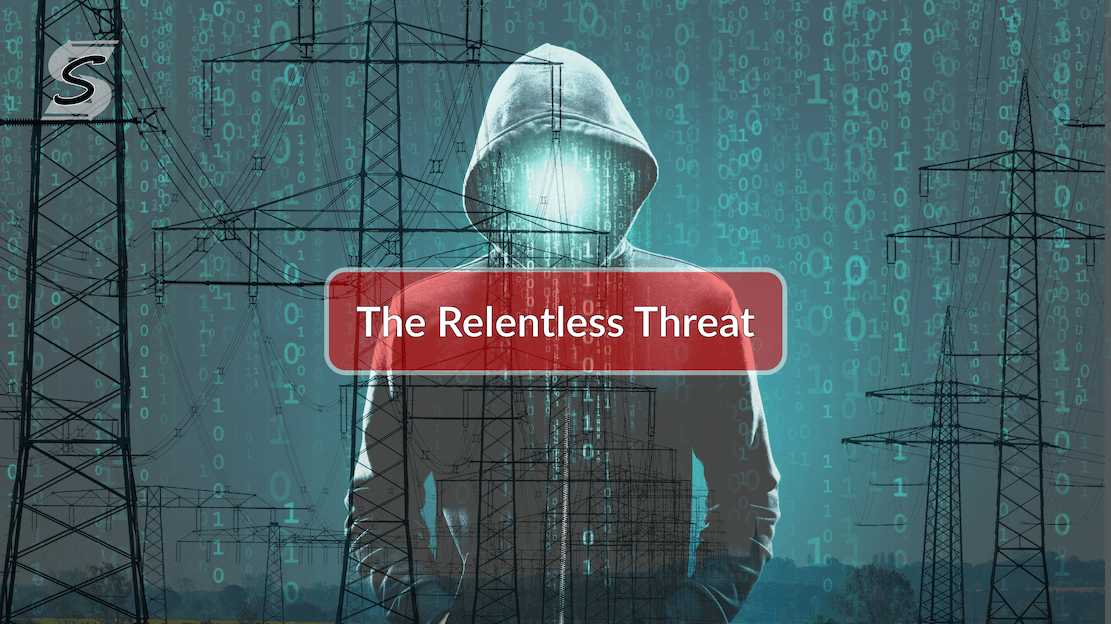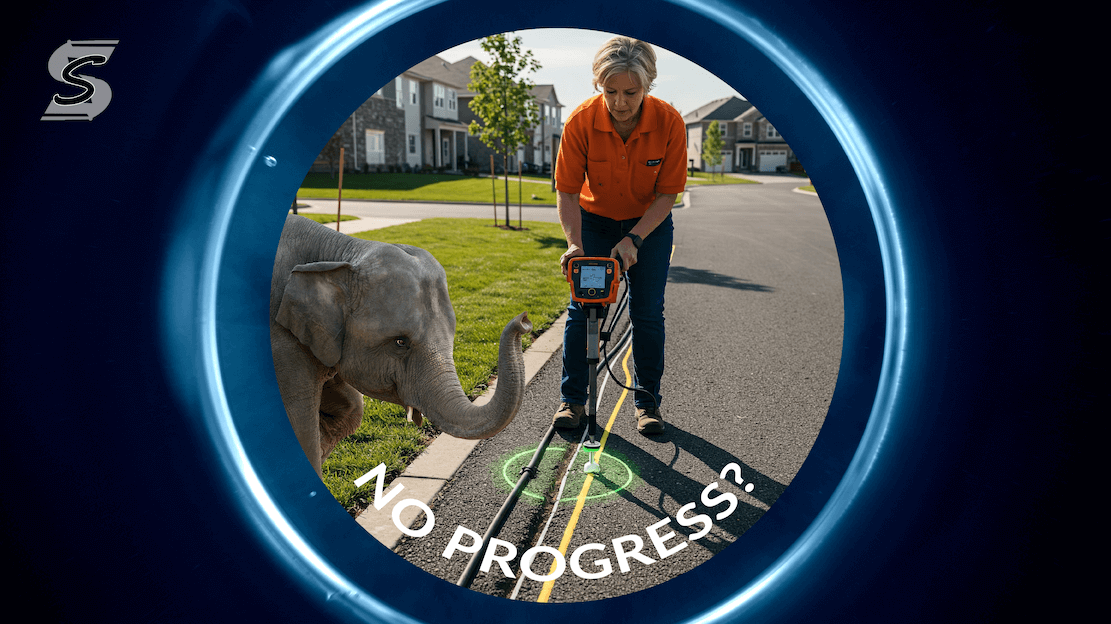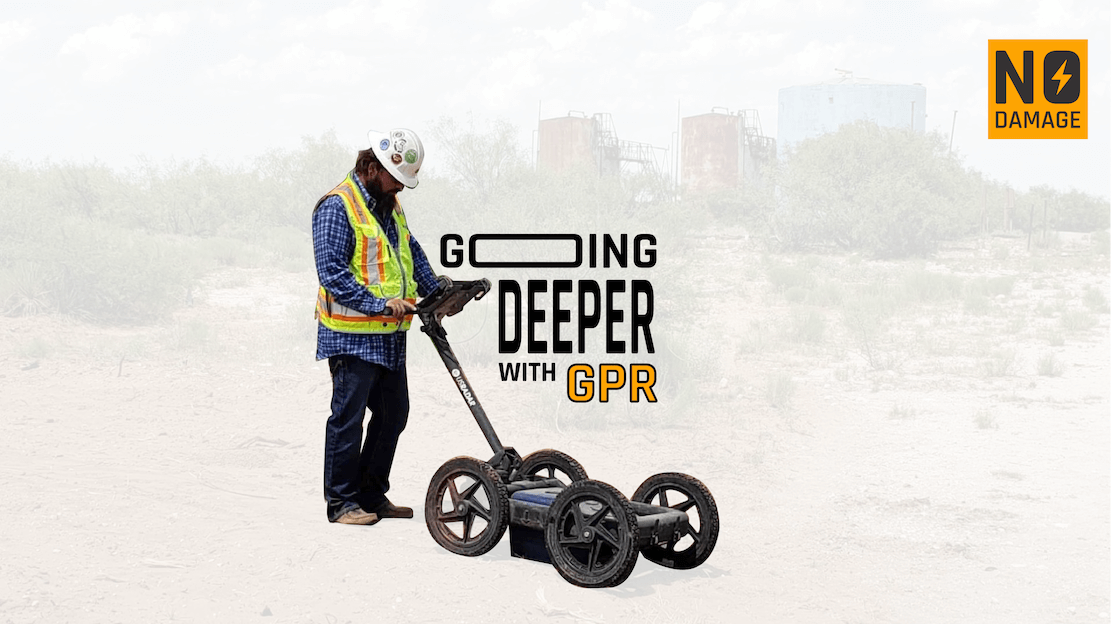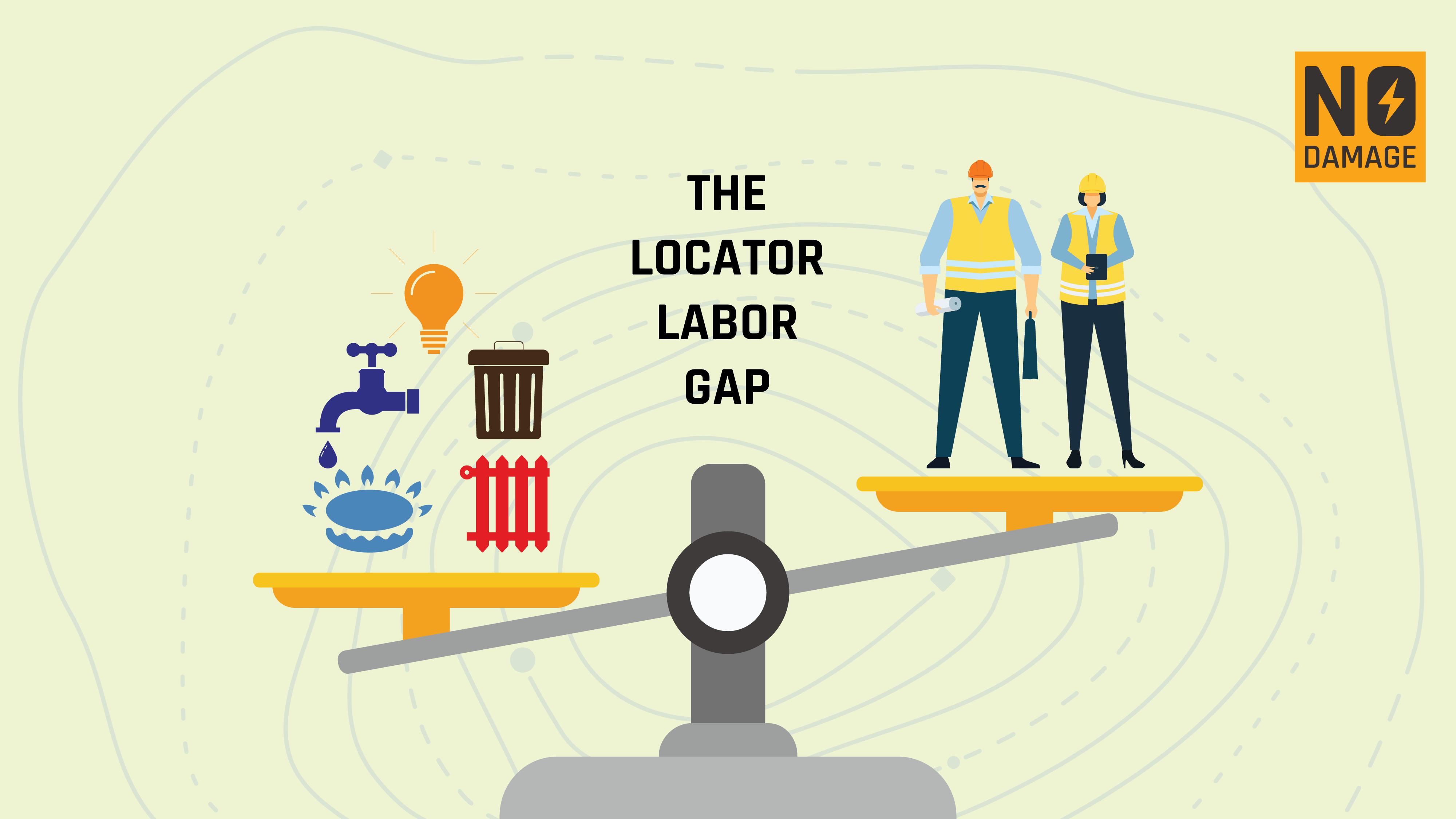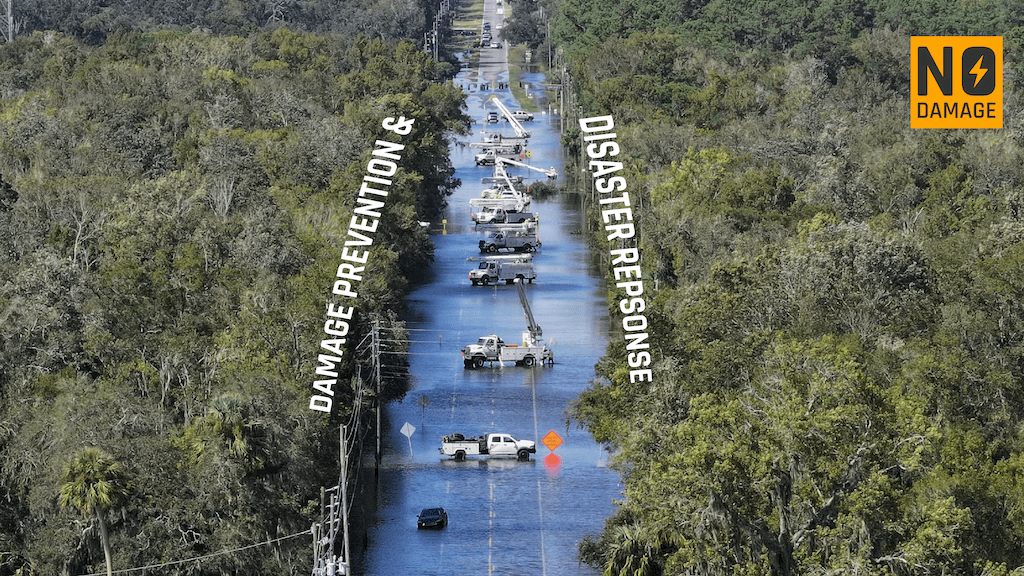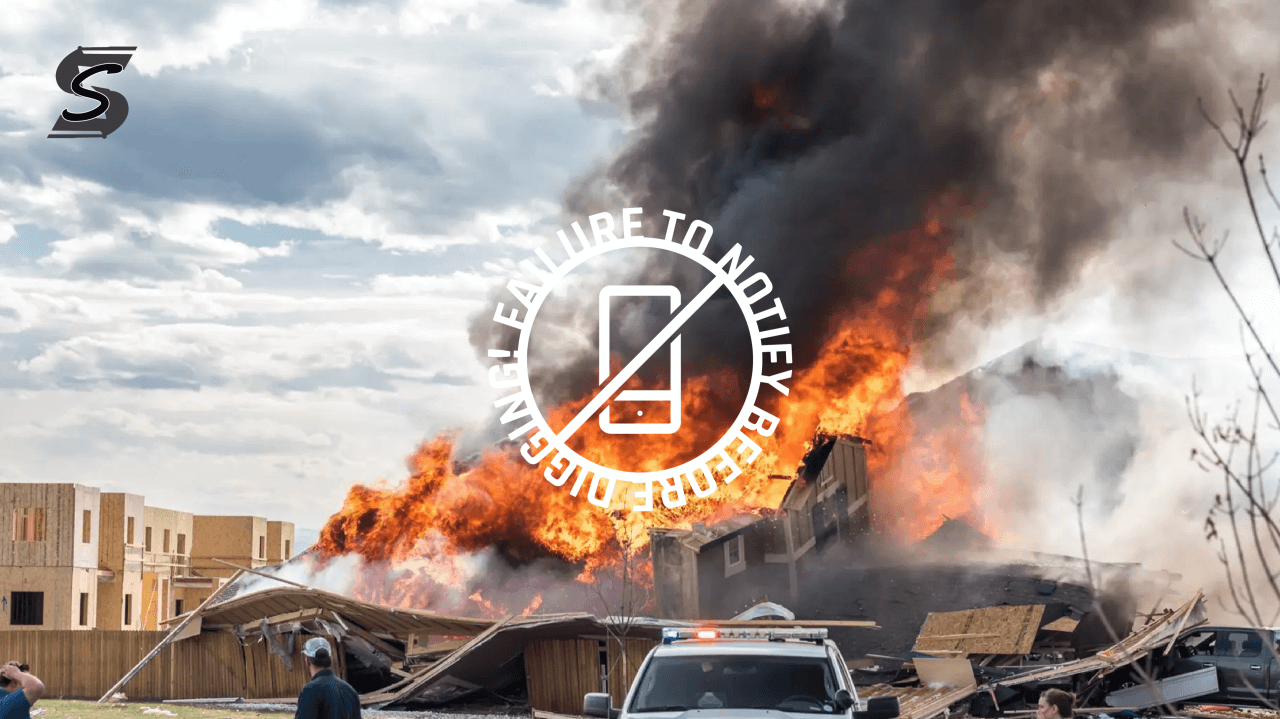
Imagine the disruption: a sudden power outage affecting hundreds of homes, a gas leak forcing evacuations, or worse, a worker injured by an electrical strike. These are the real-world consequences of hitting underground utility lines, and they happen far too often. A recent report from PG&E paints a stark picture: nearly 1,300 such incidents occurred in their service area in 2023, with a disturbing 63% resulting from a failure to simply call 811 before digging. This human error highlights the need not only for greater awareness but also for better tools to manage the complexities of the locate process and to proactively identify areas at risk, even when a call isn't made. That's why contacting 811 or your local One Call Center before you dig is essential—and often legally required.
While the importance of notifying One Call is widely understood, even when the call is made, the subsequent locate process can be a significant challenge. Managing paperwork, interpreting complex locate requests, and coordinating with multiple stakeholders can be time-consuming, error-prone, and ultimately contribute to delays and potential damage. This is where technology can make a real difference.
The Power of AI in Damage Prevention:
Smart ticket management systems, leverage the power of artificial intelligence to transform the locate process. Here's how:
- Intelligent Suggested Clears: Instead of manually sifting through mountains of paperwork and disorganized emails, AI analyzes locate data and provides clear, concise suggestions. This empowers users to make informed decisions quickly and confidently, dramatically accelerating the locate process without compromising accuracy.
- AI-Driven Risk Assessment with Tagging: Risk modelling allows smart ticket management systems to provide a tagging system that uses AI to analyze locate data and assign a risk factor to each ticket. This invaluable feature allows for effective risk assessment and prioritization, ensuring that the most potentially hazardous locates receive immediate attention.
- Automation and Routing: Automating key processes, such as ticket routing and communication, further streamlining workflows and reducing manual effort allows for the ticket management system to take over more roles within your company. This ensures that locate requests are handled efficiently and that relevant stakeholders are promptly notified.
But....
But you might be thinking, "How does this help if people aren't notifying before digging in the first place?"
A key reason people don't call 811 isn't always ignorance; it's often the perceived delay associated with the locate process. They may weigh the perceived risk against the time it takes to wait for locates and choose to proceed without proper notification. Technology like Utilocate addresses this directly by significantly speeding up the locate process. By reducing wait times, we incentivize calling 811 and make it a more practical and less burdensome part of the excavation workflow.
Furthermore, systems like Urbint go beyond reactive locate management by addressing the critical issue of no-call-in (NCI) damages. Using diverse datasets NCI Damage Reduction solutions proactively identify areas at high risk for excavation without an 811 request. This allows utilities and other stakeholders to take preventative measures, such as targeted outreach or enhanced monitoring, to minimize the likelihood of damage even when a call isn't made. This proactive approach complements the reactive capabilities of smart ticket management systems, providing a comprehensive solution for damage prevention.
Conclusion
While reactive measures like calling 811 are essential, relying solely on them is no longer sufficient in today's complex environment. The PG&E report highlights the significant number of incidents where even this basic step is missed, and even when it's taken, the locate process itself can introduce further risks. That's why it's time to reassess your damage prevention technology stack and prioritize proactive solutions. By integrating AI-powered ticket management systems like Utilocate with Urbint's NCI capabilities, you can shift from a reactive to a proactive stance, anticipating and mitigating risks before they escalate into costly and dangerous incidents.
Share this Post
